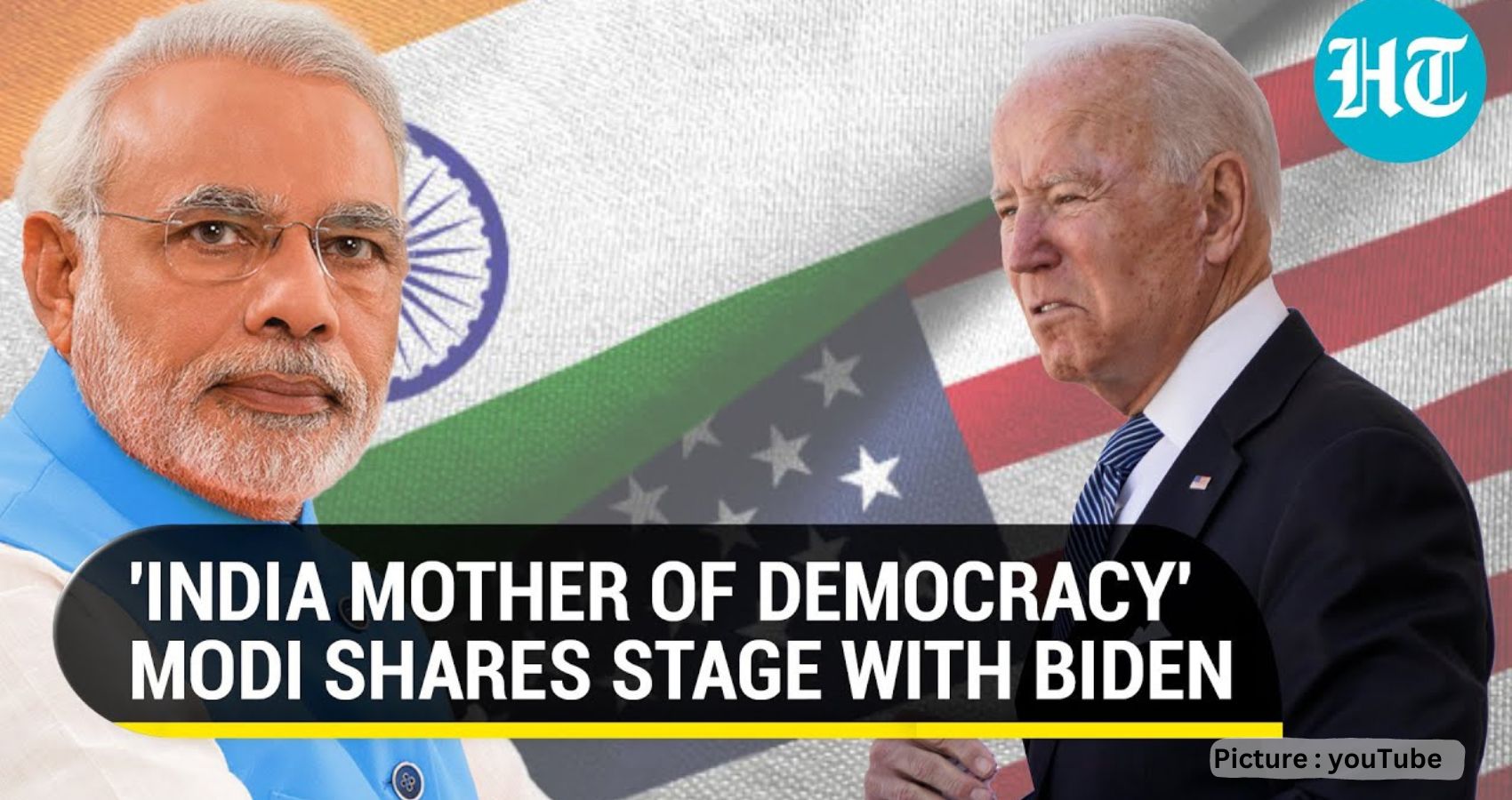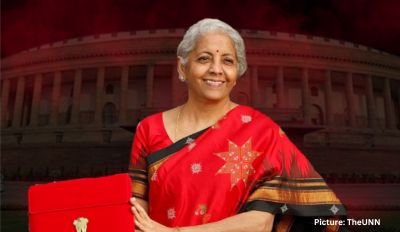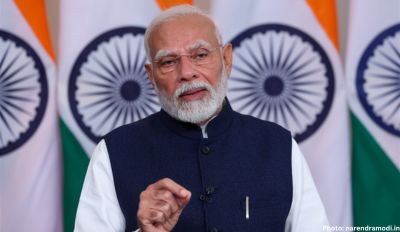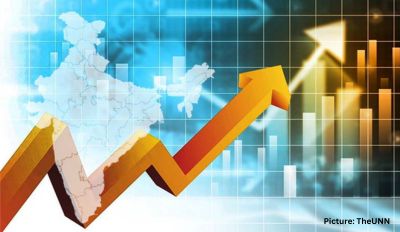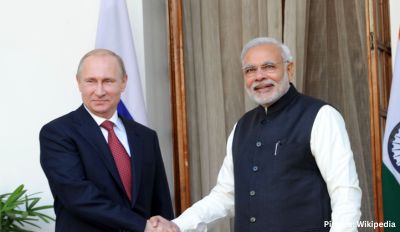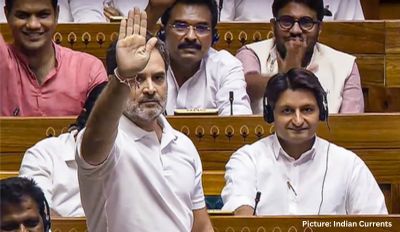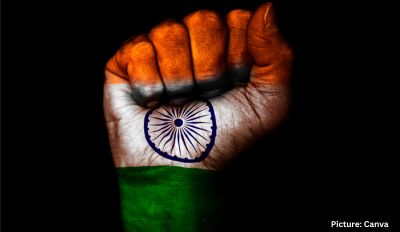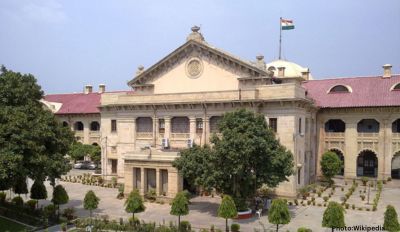Describing India as the mother of democracy, Prime Minister Narendra Modi on March 29th, 2023 said the India has become the fastest-growing major economy despite many global challenges and this proves that democracy can deliver. In a virtual address to the Summit for Democracy 2023, Modi said every initiative of his government is powered by collective efforts of the citizens of India.
“India is a democracy because we believe in saamanjasya (harmony)….. We are often told that India is the largest democracy. I would like countrymen to remember that we are not just the largest; India is the mother of all democracies,” Modi said.
“Democracy is not just a structure; it is also a spirit. It is based on the belief that the needs and aspirations of every human being are equally important. That is why, in India, our guiding philosophy is “Sabka Sath, Sabka Vikas”, meaning ‘’striving together for inclusive growth‘’, he went on to say.
The US State Department has said that respect for the rule of law and judicial independence is the cornerstone of any democracy and that Washington was watching Rahul Gandhi’s court case that resulted in his disqualification from the Lok Sabha. The US reaction came in the wake of large-scale protests by the Congress inside and outside Parliament over the issue.
The second Summit for Democracy is being co-hosted by US President Joe Biden, Costa Rica President Rodrigo Chaves Robles, Zambia President Hakainde Hichilema, the Netherlands Prime Minister Mark Rutte and South Korea President Yoon Suk Yeol.
In his address, Modi said the idea of elected leaders was a common feature in ancient India long before the rest of the world — “Our epic Mahabharata describes the first duty of citizens as choosing their own leader. Our sacred Vedas speak of political power being exercised by broad-based consultative bodies. There is also historical evidence of republic states in ancient India where rulers were not hereditary.”
“There are also many historical references to republic states in ancient India where the rulers were not hereditary. India is, indeed, the mother of democracy,” Modi said.
Modi had earlier referred to India as the “mother of democracy” in his speech at the United Nations General Assembly (UNGA) in September 2021, countering the generally held perception that the Athenian city-state, founded in Greece in the 6th century BCE, which gave the terms ‘Demos’ and ‘Kratos’ to mean people’s rule, preceded it.
India was among about 120 countries invited to the second edition of the virtually held Summit for Democracy. In a repeat of the first edition in 2021 the U.S. decided to invite India, Nepal and Maldives, while not including Bhutan, Bangladesh and Sri Lanka to the event.
A major theme of this week’s summit is to working to ensure technology is used to benefit democracy. Biden on Monday signed an executive order prohibiting the use of commercial spyware that poses a security risk to the U.S. government or risks improper use by foreigners.
A senior administration official said the summit is intended to highlight “a critical issue of our time. As President Biden has said, we’re currently at an inflection point when it comes to the future of democracy both within the United States and globally,” the official said. “When the president came into office, he said that a defining question of this moment is whether democracies will deliver for their people.”
The Biden administration hosted the first edition of the summit in late 2021 as part of the president’s broader efforts to strengthen democracies globally and combat the influence of authoritarian nations like Russia and China.
Russian President Vladimir Putin and Chinese President Xi Jinping earlier this month held talks amid concerns from the U.S. that China could provide support to Russia in its war effort.
This week’s summit is also taking place as concerns play out over whether some U.S. allies are backsliding with moves to weaken democratic institutions.
Biden administration officials have raised alarm over a proposal by Israeli Prime Minister Benjamin Netanyahu to give lawmakers more control over the country’s top court. Netanyahu agreed to pause the judicial reforms in the face of widespread protests this week.
Mexico in February passed a law that critics said weakened the agency that helps administer and oversee the country’s elections.
And Brazil in January saw supporters of former President Jair Bolsonaro storm federal government buildings after he was defeated in the country’s elections last year in images that evoked the chaos of Jan. 6, 2021, at the U.S. Capitol.
Opening the first session on Wednesday, UN Secretary-General Antonio Guterres made a special mention of attacks against democratic principles and freedom of the media worldwide.
“Freedom of expression is in freefall, dissenting voices are silenced. Human Rights Defenders face persecution, while prosecutors fighting corruption face reprisals, journalists confront censorship, detention and violence. The number of media workers killed across the world last year rose by a horrific 50%,” Mr. Guterres said, referring to a rise in the “siren songs of enlightened despotism”, which isn’t very “enlightened”, worldwide.
Speaking during the same session on “Democracy Delivering Growth and Shared Prosperity”, several leaders, particularly from the EU, referred in their speeches to the war in Ukraine, casting Russia, which was not invited, as carrying out an “attack on a democratic country”.

